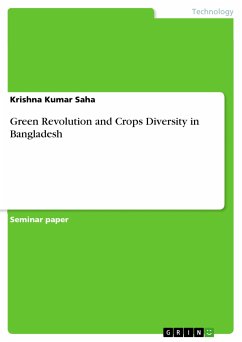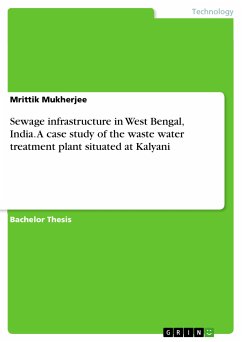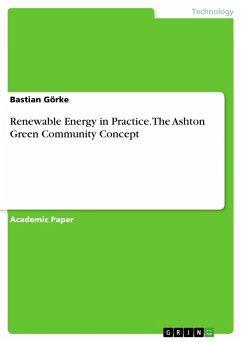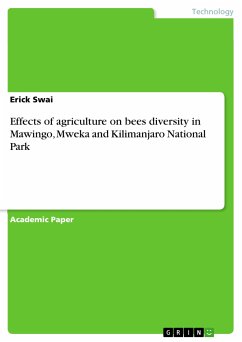Seminar paper from the year 2016 in the subject Environmental Sciences, grade: 2.7, University of Heidelberg (South Asia Institute), course: Environmental Sustainability in South Asia: Historical Perspectives, Recent Debates and Dilemmas, language: English, abstract: Bangladesh has made a remarkable success in the agricultural production sector. Without the mechanization, using High Yielding Verities (HYV), and so-called 'Green Revolution' it would have never been possible to maintain the growth and development of the agricultural sector of this country. In addition, it is the key to maintaining the national food-population balance. This current paper attempts to investigate the consequences of 'Green Revolution' on crops diversity in Bangladesh. This paper attempts to show the pattern of changes that have taken place in different sectors of Bangladesh. It includes population growth, labor absorption, and land-use in agriculture, food security, nutrition, income distribution, rural poverty, and policy. Most of them are upwards sloping growth but the crops diversity in agriculture is decreasing in Bangladesh. That is the main reason for making the agriculture more vulnerable to unsustainability.
Dieser Download kann aus rechtlichen Gründen nur mit Rechnungsadresse in A, B, BG, CY, CZ, D, DK, EW, E, FIN, F, GR, HR, H, IRL, I, LT, L, LR, M, NL, PL, P, R, S, SLO, SK ausgeliefert werden.









